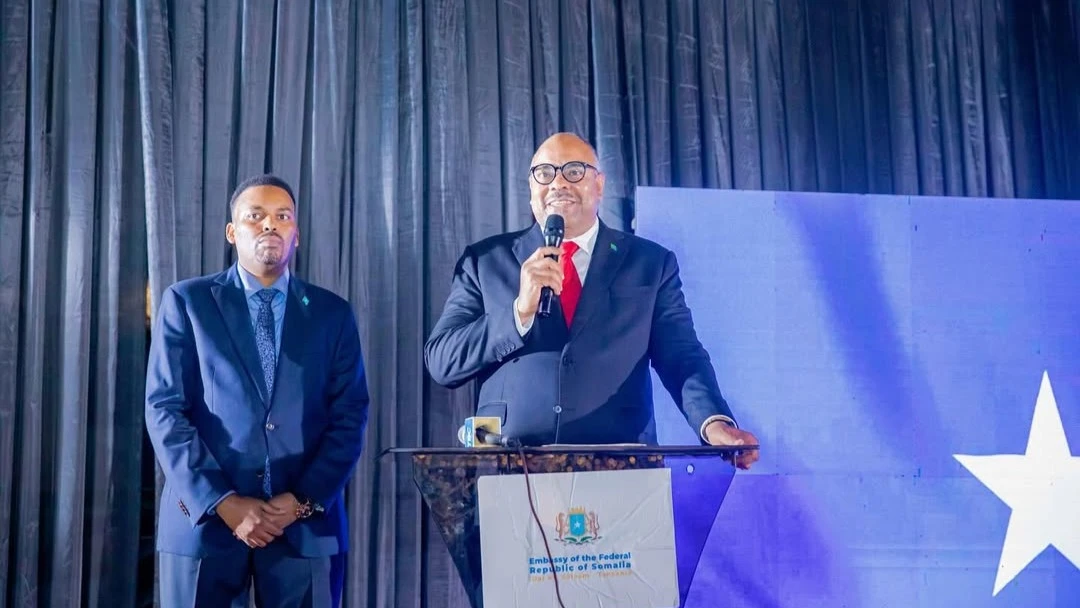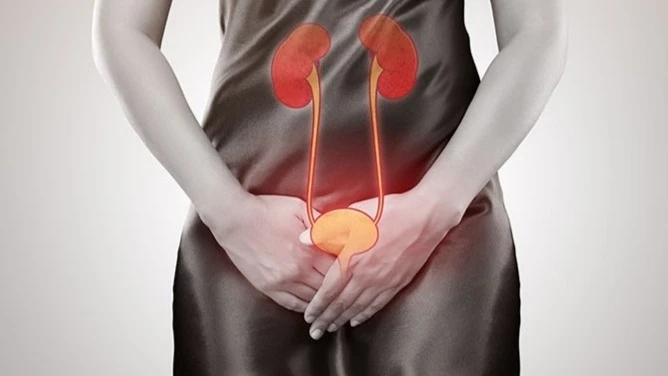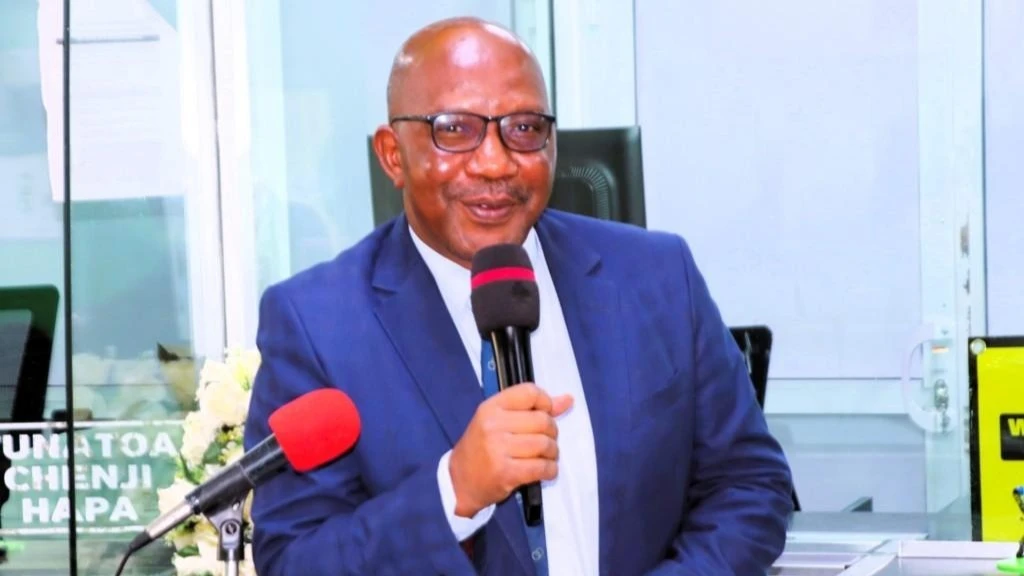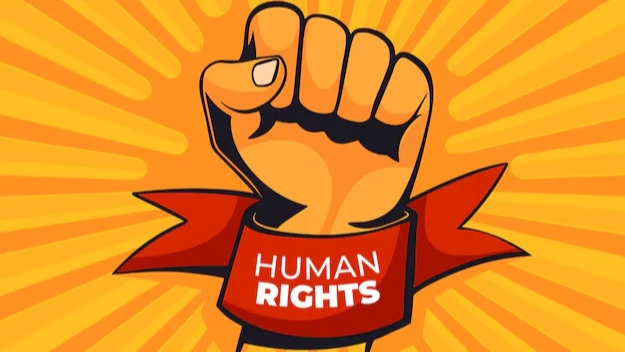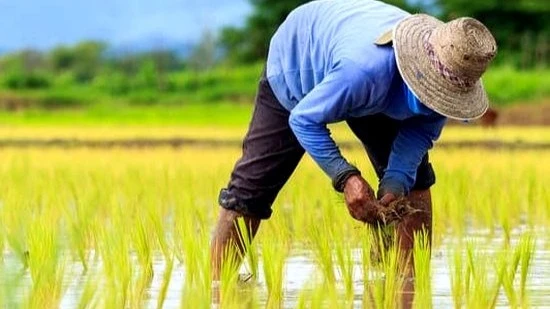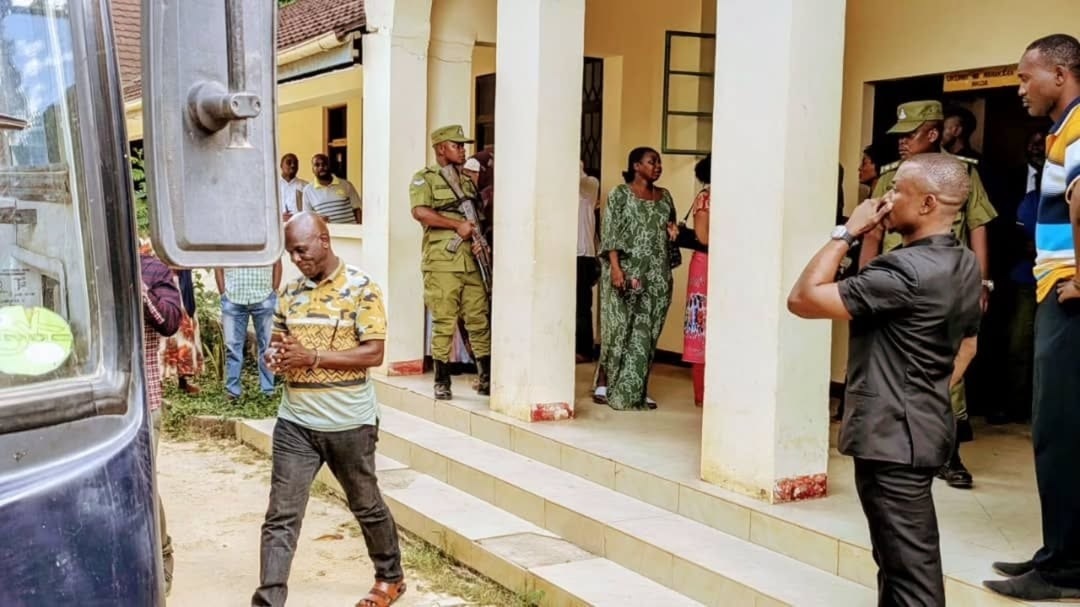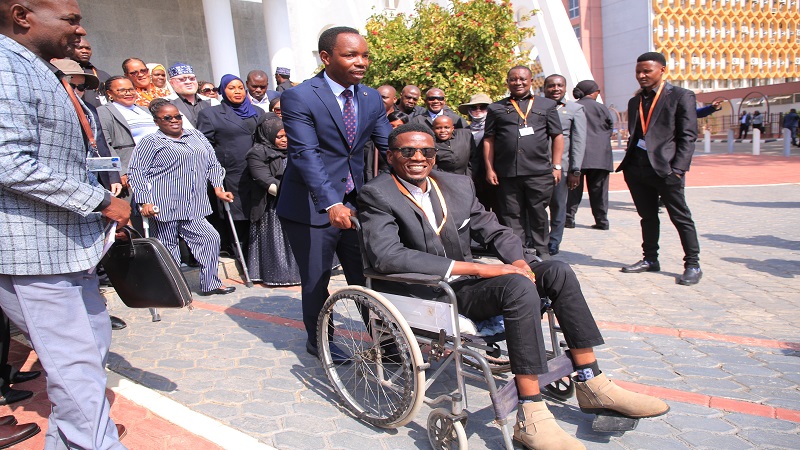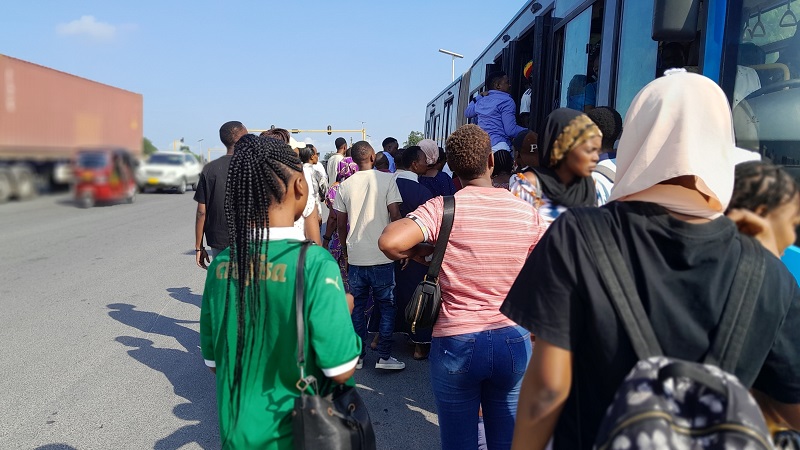Government, partners target root causes of street children
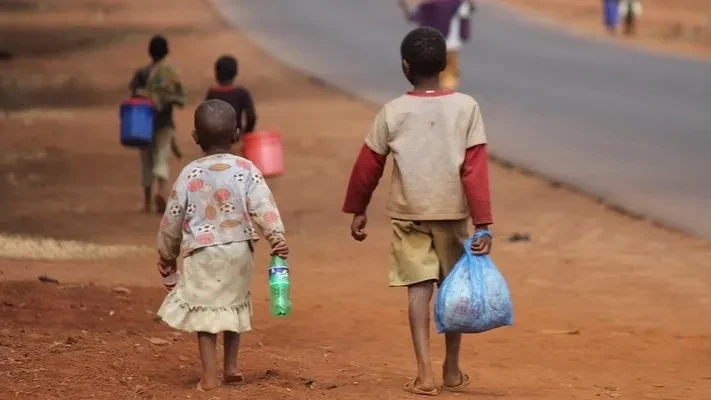
THE government, in partnership with Railway Children Africa (RCA) has launched a Social Welfare Service Desk (SWSD) at the Magufuli Bus Terminal in Dar es Salaam to offer immediate support, protection and referral services for at-risk individuals, particularly vulnerable children.
The desk serves as a first point of rescue, aiming to intercept and assist children before they become entrenched in street life. It is part of a broader national initiative to enhance safety within public transport hubs and build stronger, more inclusive communities.
Speaking during the launch of the desk at Magufuli Bus Terminal in Dar es Salaam yesterday Dr Dorothy Gwajima, minister for Social Development, Gender, Women and Special Groups said that while the government has made notable progress in rescuing children from the streets, long-term solutions require addressing the deeper social challenges that force children into vulnerable conditions.
She noted that many children are escaping unstable family environments in rural areas, lured by the belief that city life will offer them improved opportunities. However, once they arrive, they are met with harsh realities — homelessness, hunger, abuse, and dangerous survival conditions.
The minister cited family breakdowns, domestic conflicts, poverty, and lack of parental guidance as some of the primary drivers pushing children into street life.
“We cannot rescue children today and send them back to the same unsafe environments tomorrow. The solution starts at the family level,” Dr Gwajima said.
The Minister revealed that over 10,000 children living and working on the streets across the country have been rescued over the past year, thanks to the government’s collaboration with non-governmental organisations, social welfare officers, and development partners.
The children have been relocated to safer environments and connected to various support services including rehabilitation, education and family reunification programmes.
However, she warned that the gains would be short-lived unless there was a collective effort from all sectors of society including religious leaders, non-governmental organisations, local government leaders, and especially parents to prevent children from ending up on the streets in the first place.
“While the government continues to strengthen child protection services, it is crucial that parents take their responsibility seriously in nurturing, guiding and protecting children from neglect, abuse, and harmful practices,” Dr Gwajima said.
She also called for stronger community engagement and awareness campaigns to shift attitudes and promote early interventions, especially in areas prone to high levels of family conflict or poverty.
Dr Gwajima reiterated the government’s commitment to strengthening social protection systems and improving the welfare of all Tanzanian children, including investing in family counseling services, supporting vulnerable households and building partnerships to create safer, more inclusive communities.
The desks act as first points of rescue, aiming to prevent children from ending up on the streets and ensuring vulnerable people receive necessary assistance. The initiative is part of a broader effort to enhance safety in public transport hubs and build stronger, safer communities.
Felix Wood from the British High Commission commended the government for proactively embedding risk mitigation measures in its development plans, as the launch of the Social Welfare Service Desks marked a significant step toward safeguarding vulnerable groups within the country’s expanding transport infrastructure.
“This has not been a one-way partnership. It’s about people coming together to create real, sustainable solutions,” he said, noting that effective frameworks were already in place locally, eliminating the need for external learning trips.
He also cautioned that expanding transport infrastructure, while vital for economic growth, can increase risks for children and other vulnerable populations.
He reaffirmed the United Kingdom’s commitment to supporting inclusive and resilient development in East Africa, with a strong focus on protecting vulnerable children and communities.
Mary Mushi, safeguarding and child protection specialist at Railway Children Africa, said the organisation is committed to protecting children and youth living and working on the streets.
“Our aim is to help children reconnect with their families, and for older youth, we support them through group engagement, behaviour change programmes and skills development so they can pursue meaningful livelihoods,” she said.
She added that Railway Children Africa works closely with social welfare officers to ensure that every child grows up in a safe and supportive environment. “We believe no child belongs on the streets. Through mutual understanding and early intervention, we can build safer pathways for children to thrive.”
Mushi noted that street-connected children are a key target group within social welfare services, particularly in transit hubs like bus terminals.
Top Headlines
© 2025 IPPMEDIA.COM. ALL RIGHTS RESERVED








